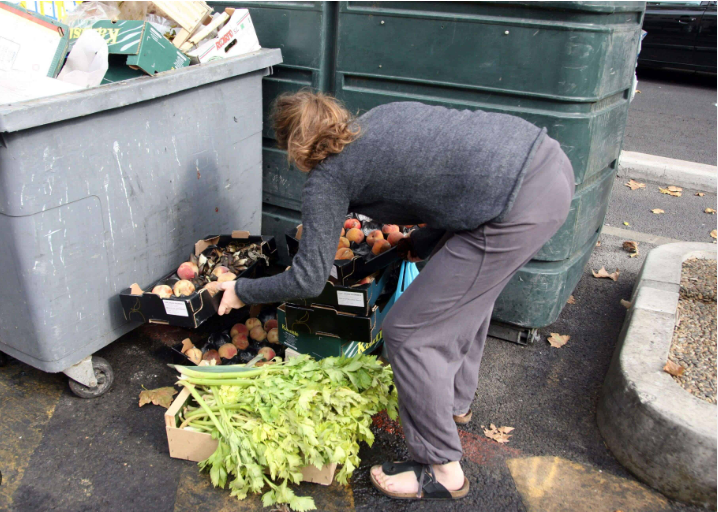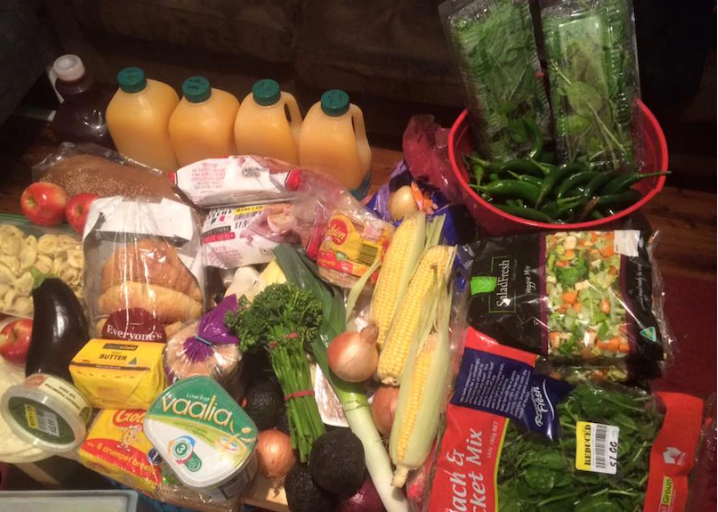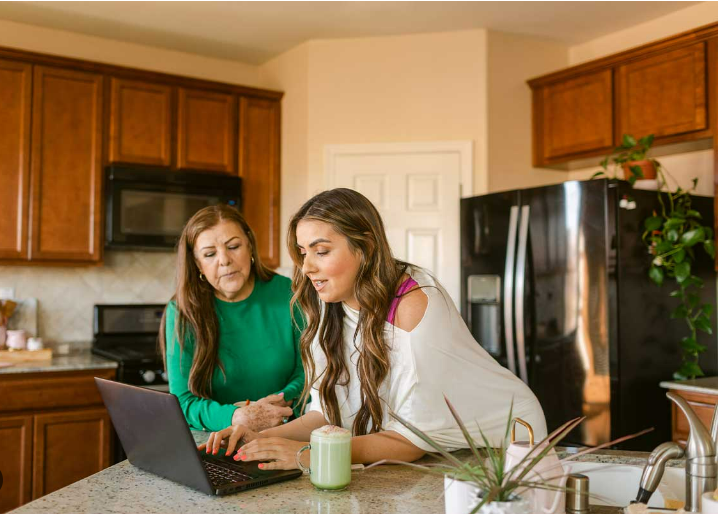All You Need to Know about Freeganism

In a world often driven by consumerism, a growing movement known as freeganism is gaining traction among those looking to minimize their environmental footprint and save money. But what exactly is freeganism? Essentially, it is a lifestyle that seeks to limit waste by reclaiming surplus food and other goods that would otherwise be discarded. By adopting this unusual approach, individuals can significantly reduce their living expenses and contribute to a more sustainable future.
What is freeganism?
Freeganism is a lifestyle that actively challenges consumer culture and capitalism. The term “freegan” combines “free” and “vegan.” Similar to how vegans avoid animal products to support animal rights, freegans strive to minimize their purchases to combat consumerism.
Freegans focus on reducing waste, lessening their ecological impact, and living ethically by reclaiming and utilizing discarded goods. This approach allows them to disengage from the traditional economic system.
The origin of freeganism
Freeganism emerged in the mid-1990s as a response to the desire for a lifestyle free from modern capitalism. The term was coined by Keith McHenry, co-founder of Food Not Bombs, an organization dedicated to recovering food that would otherwise go to waste and preparing communal meals.
Inspired by the environmental movements of the 1960s, early freegans rejected conventional consumption and promoted eco-friendly practices. The first organized freegan group, Freegan.Info, was founded in New York in 2003.
Freeganism in action
Max Williams, CEO of Herobot.app, was inspired to adopt a freegan lifestyle after attending a 2018 conference. A keynote presentation on sustainable living and food waste sparked his transformation, particularly shocking him with the “staggering” amount of food waste generated each year.
Research backs up his concerns, revealing that nearly 40 percent of the food supply in the United States is wasted, according to the U.S. Food and Drug Administration.
“This eye-opening talk, combined with my increasing awareness of environmental issues, led me to rethink my consumption habits,” Williams explains to Bankrate. “That year, I chose to explore freeganism as a means to align my personal values with my commitment to sustainability and minimize my carbon footprint.”
A day in the life of a freegan
Freegans adopt practices that reflect their values and critique of consumer culture. Common activities include dumpster diving for discarded food and items, squatting in abandoned buildings, foraging for wild food, and cycling to reduce carbon emissions. They also participate in community initiatives like “Really, Really, Free Markets” and “Freemeets,” where goods and services are exchanged without cost.
Williams begins his day by checking local community boards and freecycle groups for available items or food shares. He sometimes visits nearby farmer’s markets or bakeries at closing time to collect unsold produce and bread.
“My afternoons often involve community activities, like swap meets or working on a communal garden project,” Williams explains. “Evenings are dedicated to preparing meals from gathered ingredients, often shared with friends and fellow freegans. This routine not only fulfills my basic needs but also nurtures a sense of purpose and community.”
According to Williams, he saves around $10,000 annually through his freegan lifestyle, with significant reductions in food, household expenses, and clothing costs.
“I live in a housing co-op,” he shares. “This arrangement allows for shared living expenses and responsibilities among like-minded individuals. The cooperative model aligns well with freegan values, emphasizing resource sharing and communal living.”
Pros and cons of freeganism

Reducing waste, building community, and saving money are key benefits of freeganism. However, the potential risks associated with this lifestyle can sometimes outweigh those advantages.
“Freeganism can become problematic if taken too far,” warns certified financial planner R.J. Weiss, founder of Ways to Wealth. “Relying solely on dumpster diving for food isn’t a safe or sustainable long-term solution. It can expose individuals to unsafe and unsanitary conditions.”
Moreover, depending on where you live, certain freegan practices may lead to legal issues. It’s essential to understand what is permissible before fully embracing this lifestyle.
“Some aspects of freeganism, like dumpster diving on private property, can be illegal,” explains Michael Collins, CFA, founder and CEO of WinCap Financial. “There’s also a social stigma attached to freeganism, with negative perceptions about living off discarded goods.”
Myles McLean, founder and CEO of Grillhound, who has been a freegan since 2017, acknowledges that the stigma sometimes makes him consider quitting. However, the financial savings and supportive freegan community motivate him to persist.
“Occasionally, I think about giving it up, especially when it’s inconvenient or I face judgment,” McLean admits. “But the environmental benefits, financial savings, and sense of community keep me committed.”
Alternatives to freeganism
If you’re looking to save money without fully embracing a freegan lifestyle, there are plenty of alternative strategies to consider.
Start by reducing food waste. Be mindful of your purchases and find creative ways to repurpose leftovers. Adjusting your food buying habits can lead to significant savings. According to the MITRE-Gallup State of Food Waste in America survey, the average U.S. household could save around $1,500 annually simply by minimizing food waste.
Consider growing your own food. Incorporating gardening into your routine allows you to enjoy fresh vegetables while saving money. Doug Carey, CFA, founder of WealthTrace, suggests utilizing either a personal garden or a community garden. “You can grow a lot of vegetables throughout the year,” Carey notes. Composting is also a great way to recycle kitchen scraps, enriching your soil and reducing waste.
Explore alternative living arrangements to cut housing costs. Consider getting a roommate, renting out extra space in your home, or downsizing to a more affordable living situation.
Thrifting and swapping can also be effective ways to save. Check out thrift stores for clothing deals or participate in swap events to exchange items you no longer need.
Lastly, after implementing these cost-saving practices, think about opening a high-yield savings account. This not only helps you preserve your savings but also grow them over time. As of now, BrioDirect offers one of the highest rates for high-yield savings accounts at 5.30% APY.
In Conclusion
While freeganism offers potential savings, it also comes with certain risks. Consider alternatives like growing your own food, shopping at thrift stores, or finding a roommate to help you retain more of your hard-earned money.



